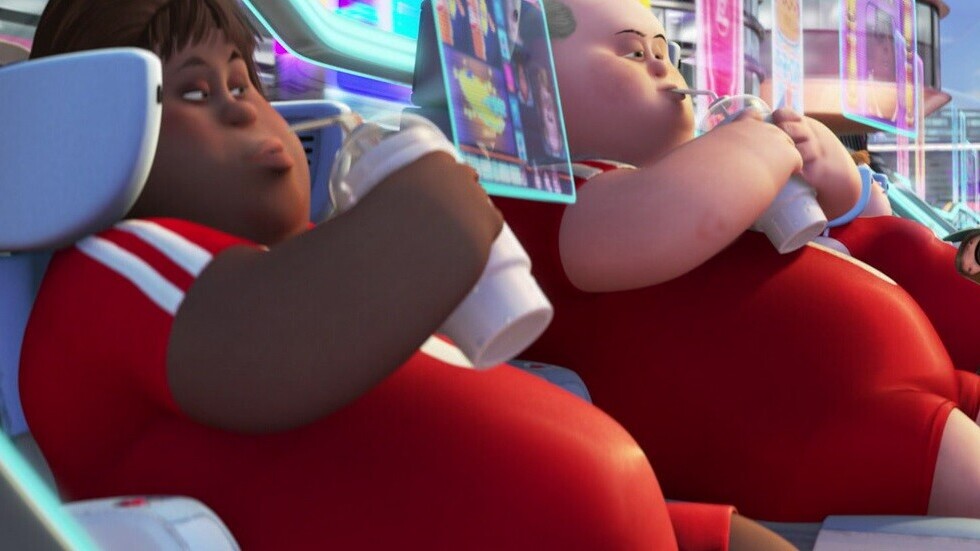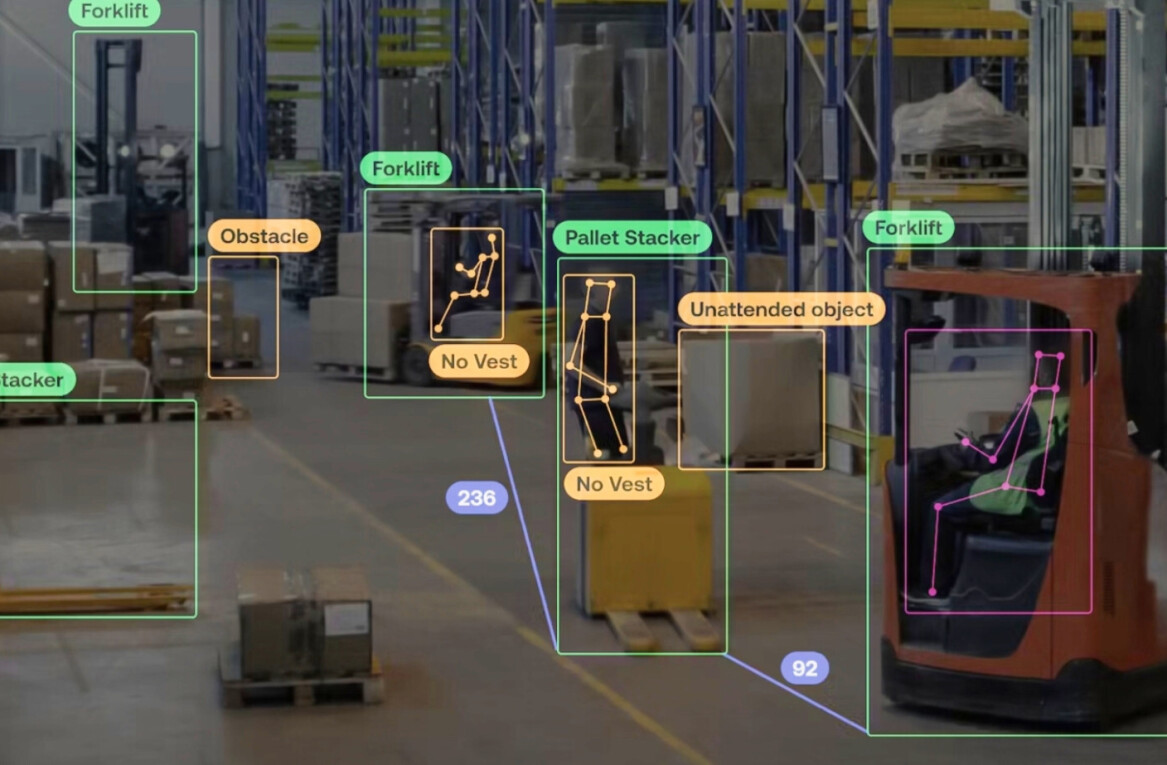
This is the second article in TNW’s “A beginner’s guide to the AI apocalypse” series highlighting the potential existential threats AI poses to humankind. Read the first article, “Misaligned objectives,” here.
Artificial intelligence promises to revolutionize every facet of technology from healthcare to space exploration. Simply put: all technology in the year 2020 and beyond is AI technology. But, what if making everything better actually makes everything worse?
Wall-E syndrome (not a real thing) describes the fear of a future dystopia inhabited by oblivious people who are totally reliant on technology to perform even the simplest of tasks. The idea here is that AI-powered machines will attend our every need to such a degree that we become more like cows being herded than humans living freely.
This clip from the movie Wall-E demonstrates what this could look like:
You don’t have to look very far to find evidence that lends credence to this prophesy. How many phone numbers do you know by heart? Can you remember all your appointments if you’re somewhere without access to a screen? How would you go about finding out, for example, who the director of cinematography was for the first Saw film?
Without our current AI – Google Search and Amazon Alexa, and so on – we might start to feel a little unwise or uneducated. “Google it” has forever changed our society. But does that mean we’re on the path to eternal stupidity and laziness?
Maybe.
Some experts posit that once we’re freed from the burden of developing new technology to deal with our challenges, our species will intellectually regress. If AI takes over the burden of solving our problems, perhaps we’ll lose our keen edge.
This theory isn’t supported by history, however. The proliferation of the automobile didn’t put people in the transportation industry out of business, it put horse-drawn buggies out of business over a period lasting nearly a century. There’s a strong argument that humans will always have problems to solve.
We should feel relatively safe in assuming that were we to end up in some post-apocalyptic world where Google Search didn’t exist, a few of us would still know how to read, write, and convey information. Search isn’t a crutch, it’s a tool like fire.
However, as we’ve seen with fire, AI has the potential to get out of control. What happens when we conflate “misaligned objectives” and Wall-E syndrome? What if AI gets so good at keeping us happy and healthy that we entirely miss the point of no return.
The people in the above video from the movie sure do look happy. If we toss aside the yucky and apparent attempt to make obesity look like the result of laziness, it’s not hard to imagine people made healthy by AI-guided personalized nutrition and medication drooling their way through a subservient existence.
Our robot overlords could rule us all without killing a single person. In fact, if we’re daydreaming, it’s feasible that a competent catalog of algorithms with our total trust could extend our lives, eradicate our diseases, and make way better TV shows and movies than anything on this year’s release calendar – all the while, herding us to our eventual extinction.
Will the rise of superhuman AI lead to a species-wide regression for humanity? Evolution theory tells us that it won’t. But, Charles Darwin, the father of evolutionary theory, didn’t always get everything right.
Maybe going extinct through laziness and stupidity isn’t the most honorable way for a species to wink out (getting smashed by an asteroid, for example, seems way more epic), but the apocalypse is still the apocalypse, even if it comes with free refills.
Get the TNW newsletter
Get the most important tech news in your inbox each week.




